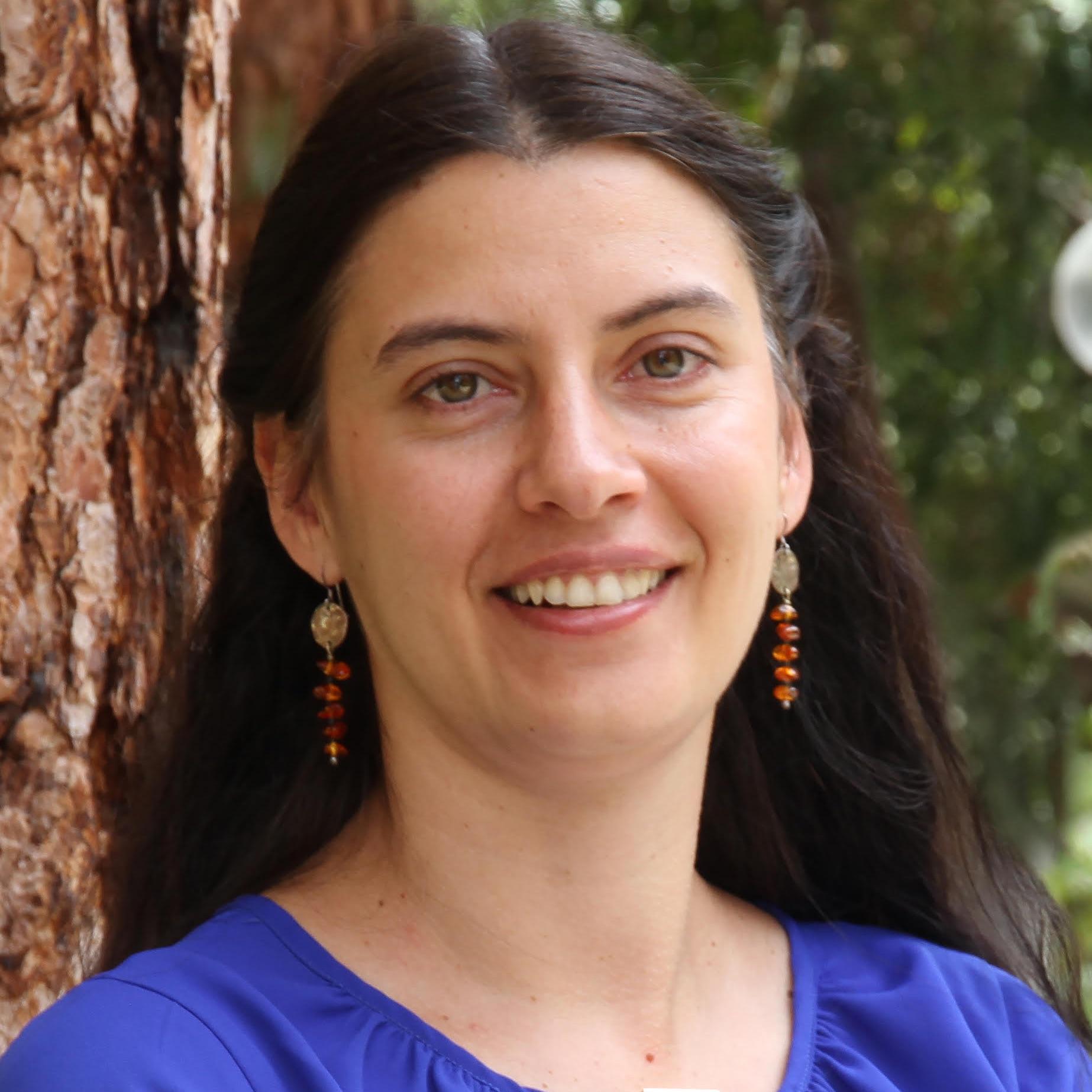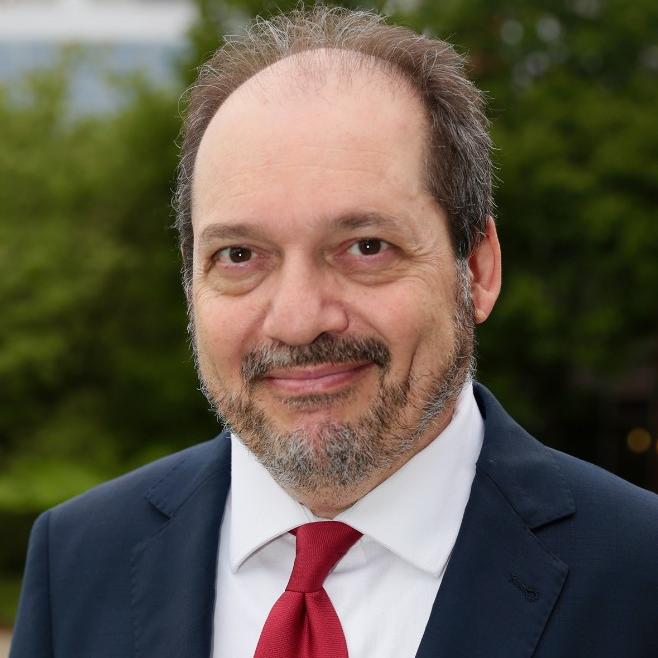Although modern Mixed-Integer Programming (MIP) solvers are capable of solving problems with tens of thousands of discrete and continuous variables and constraints, the problem sizes of optimization applications in the studied end-use cases continue to grow and may often involve millions of variables and increasingly complex constraints. The Institute approaches this task through the lens of learning to optimize, a new paradigm recognizing that many optimization problems are solved repeatedly on similar instances. Instead of designing solution methods as a challenge in algorithm design and mathematical insight, the Institute research leverages data-driven learning approaches to discover new algorithmic policies customized to the problem types and instance distributions.








